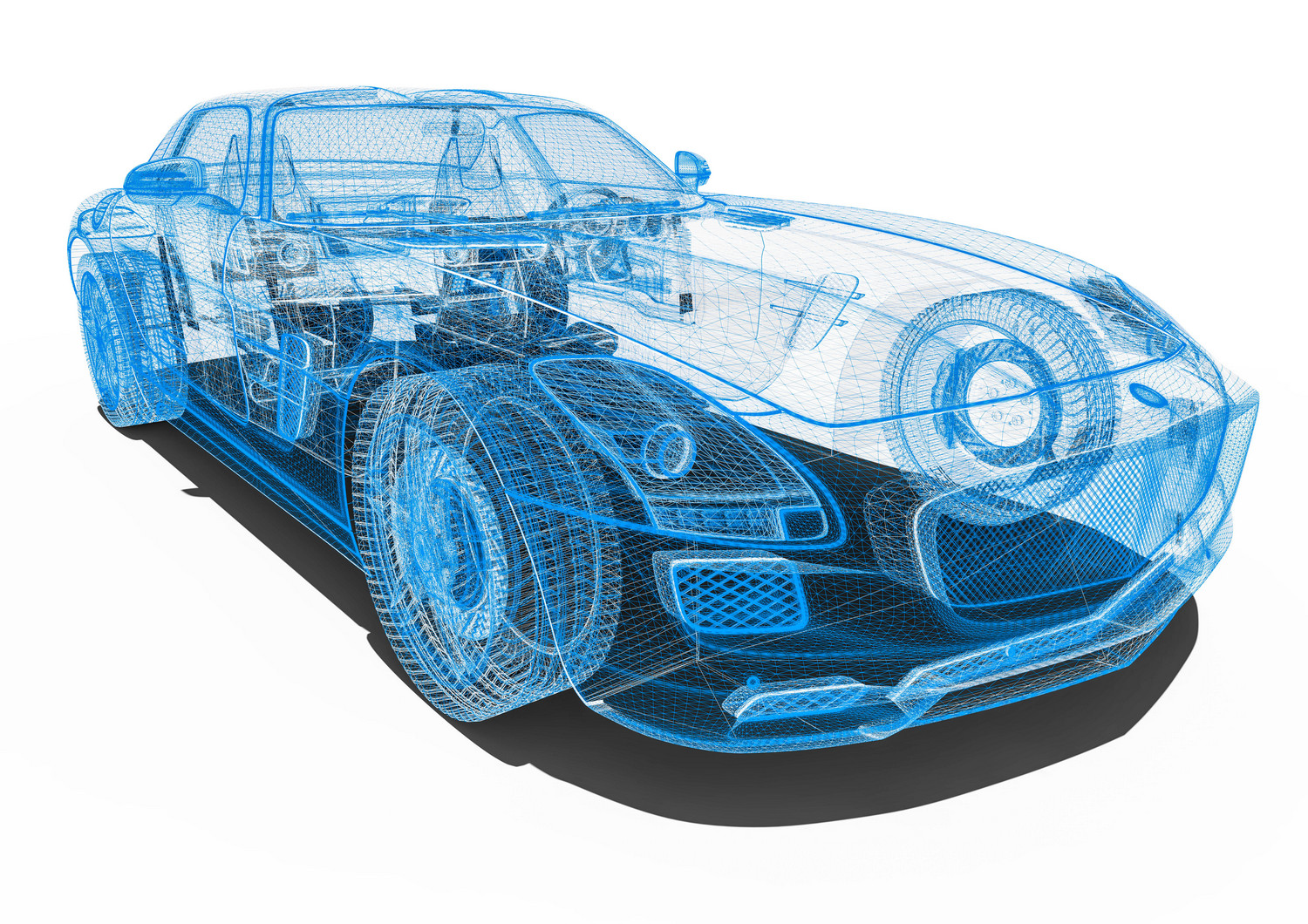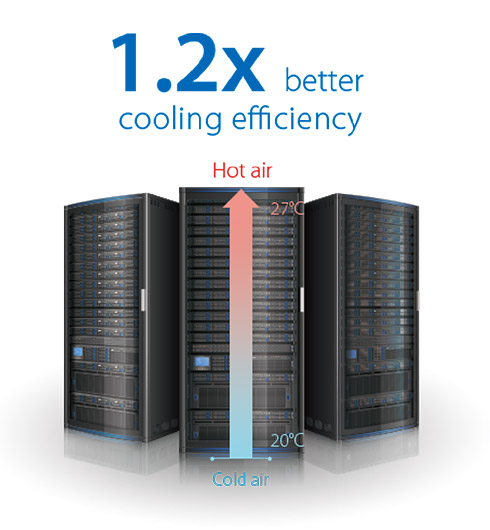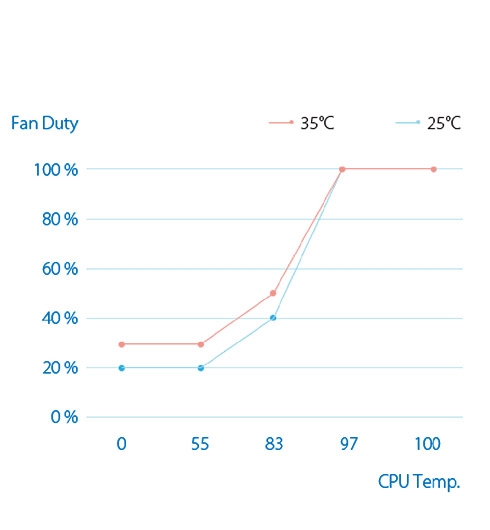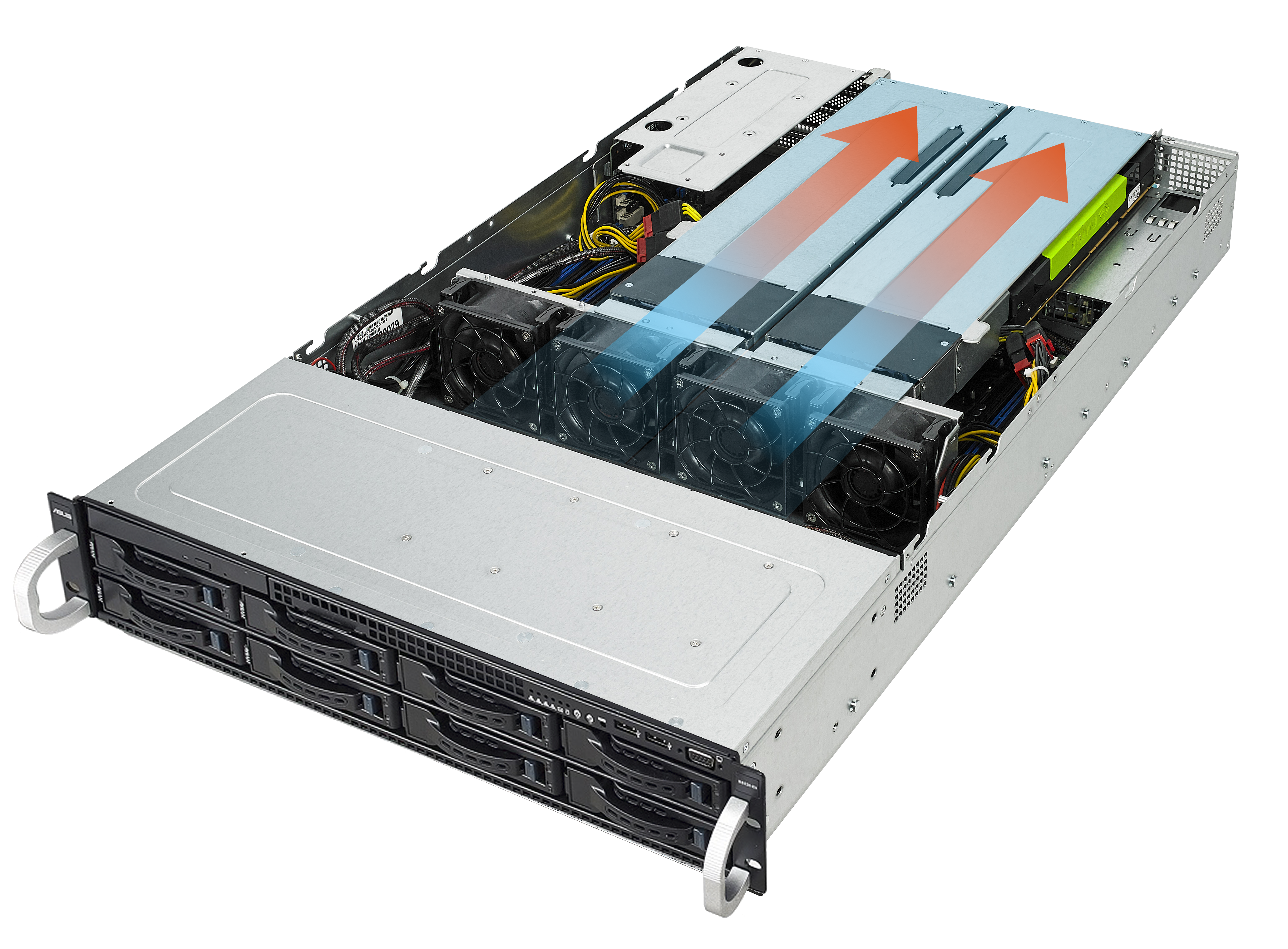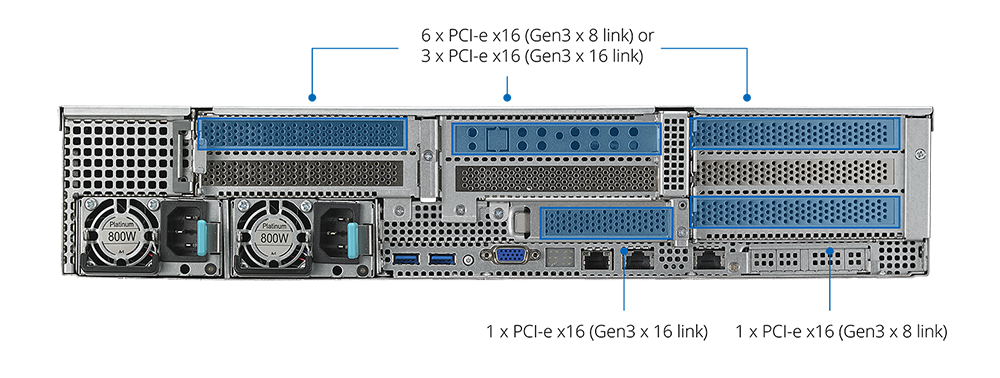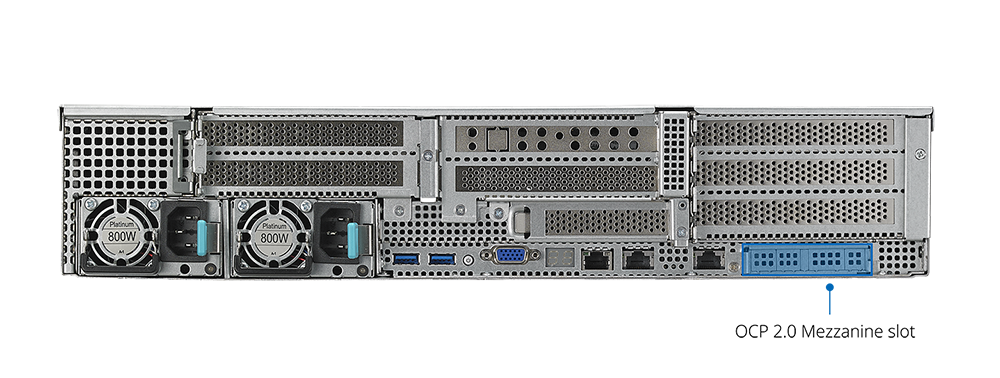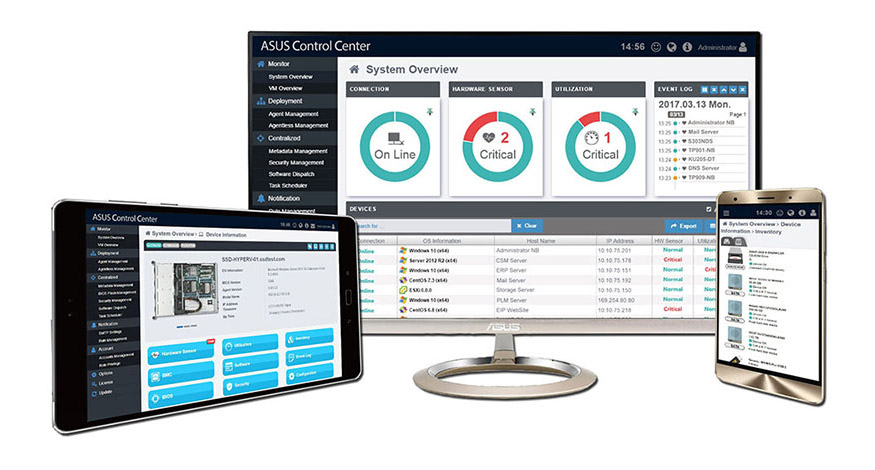Powered by the latest 2nd Gen Intel Xeon Scalable processors
RS720-E9-RS8-G is built on the latest 2nd Gen Intel Xeon Scalable processors to deliver incredible 2U server performance, packing incredible power into minimal space. RS720-E9-RS8-G offers breakthrough performance with the latest Intel Optane™ DC persistent memory with an over 88% gain in input/output operations per second (IOPS) compared with the same configuration in SSD. Featuring the latest Intel Deep Learning Boost technology to enhance deep learning capabilities, RS720-E9-RS8-G achieves a 3.1X performance improvement in the ResNet-50 and SSD VGG-16 models, fully demonstrating the inference capability of the new platform.

